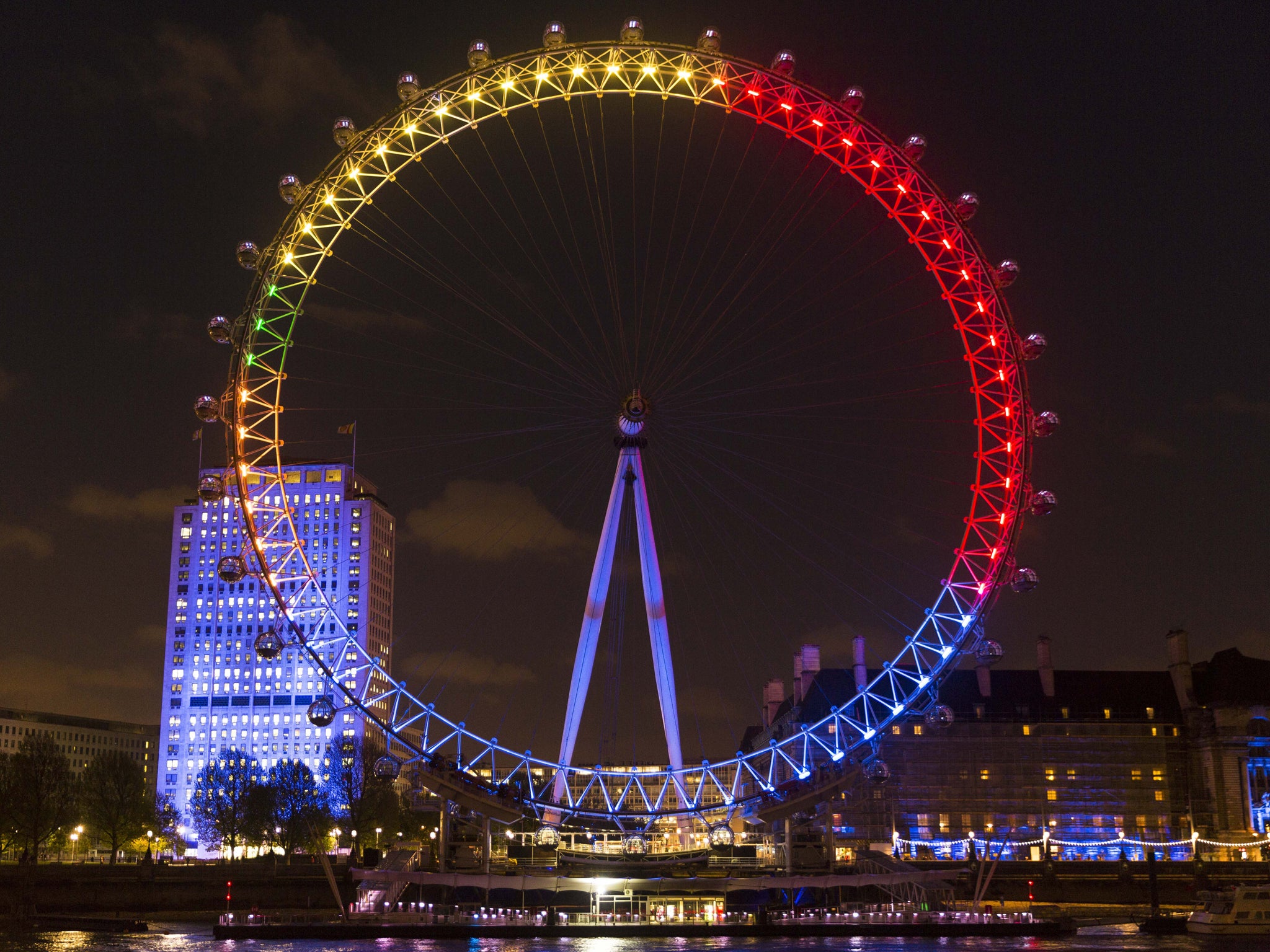UK elections 2016: How Facebook is manipulating you to vote

Your support helps us to tell the story
From reproductive rights to climate change to Big Tech, The Independent is on the ground when the story is developing. Whether it's investigating the financials of Elon Musk's pro-Trump PAC or producing our latest documentary, 'The A Word', which shines a light on the American women fighting for reproductive rights, we know how important it is to parse out the facts from the messaging.
At such a critical moment in US history, we need reporters on the ground. Your donation allows us to keep sending journalists to speak to both sides of the story.
The Independent is trusted by Americans across the entire political spectrum. And unlike many other quality news outlets, we choose not to lock Americans out of our reporting and analysis with paywalls. We believe quality journalism should be available to everyone, paid for by those who can afford it.
Your support makes all the difference.If you’ve logged onto Facebook today, you’re probably taking part in a huge and unknown experiment.
The site is once again trying out features to encourage people to get out and vote. It has been trying that for years – and tracking its users in major experiments.
The site has used a set of features including reminders to sign up and an easy way for people to mark that they joined in with the election by voting.

That latter feature is mirrored on Twitter, which adds a special picture when people use the “iVoted” hashtag.
The feature is one of Facebook’s many ways of getting involved in elections at an official and public level. But it is also an incredibly important part of election campaigning, too.
Political parties spend hundreds of thousands of pounds a month on advertising on social networks. And it seems to work: Facebook is becoming one of the deciding powers in elections across the world.
During the 2010 US congressional elections, the site conducted one it called a “61-million-person experiment” that looked to explore how well “political mobilisation messages” worked at actually getting people out to vote. The experiment offered huge amounts of data about the way that social – and nobody taking part knew that it was happening.
It found that encouraging people to vote on the site had a massive effect on whether or not they actually did. And it found that effect spread out across people’s networks too – showing users reminders didn’t just mean they went to vote, but that their friends and friends of friends did as well.
And the site has gone on to conduct other experiments, too. It found last year, for instance, that Facebook users tend only to click on links that they agree with. That meant that the news feed would prioritise those same kind of links, showing similar things to people in future – and so turning the site into an “echo chamber” where people only heard from people they agree with.
But Facebook has had a more active role in politics, too.
This year, the site ran an intense campaign to try and get people to register to vote through April. It posted messages into the news feeds of people who it thought were eligible, reminding them that they need to sign up and giving them instructions on how to do so.
It was the result of a partnership with the electoral commission, and was part of Facebook’s ongoing work to try and get people to turn out.
It did the same in the 2015 election. And it has been rolling it out in other countries for years – often with extremely positive results, according to Facebook itself.
Facebook’s input into voting has sometimes looked to go further.
At the F8 conference this year, Mark Zuckerberg appeared to speak out cryptically against Donald Trump, decrying people who want to put up walls. And reports last month said that Facebook employees had asked Mr Zuckerberg whether or not the company should be actively working to campaign against Trump.
Each week, Facebook employees vote in a poll that decides what they want to ask Mr Zuckerberg during regular Q&A sessions. In March, the company’s fifth most popular question was “What responsibility does Facebook have to help prevent President Trump in 2017?”.
It isn’t clear whether Mr Zuckerberg was asked the question, or what his answer would be if he was. But it shows the increasing power of Facebook not simply as a platform to help facilitate elections but also to decide them as well.
Join our commenting forum
Join thought-provoking conversations, follow other Independent readers and see their replies
Comments